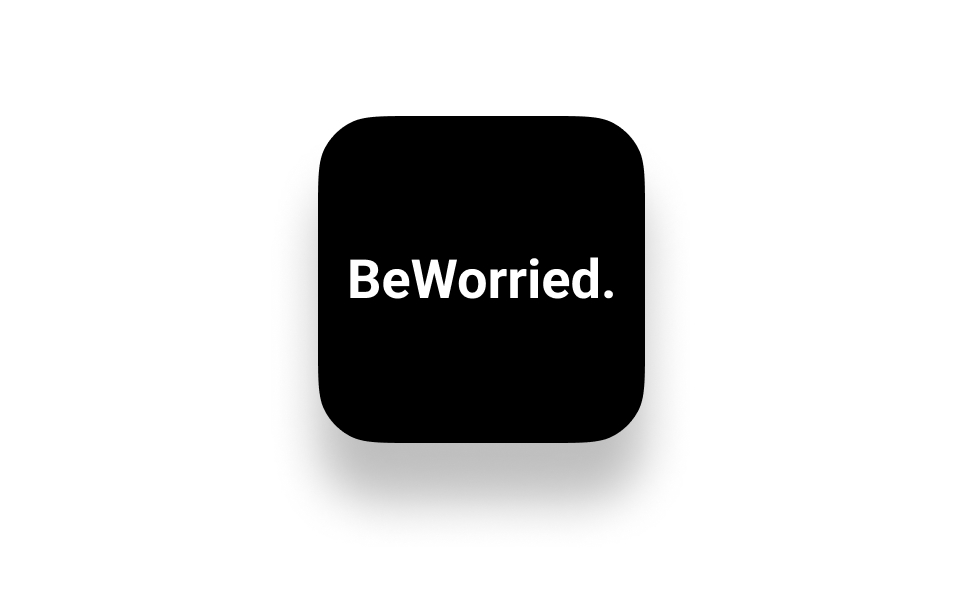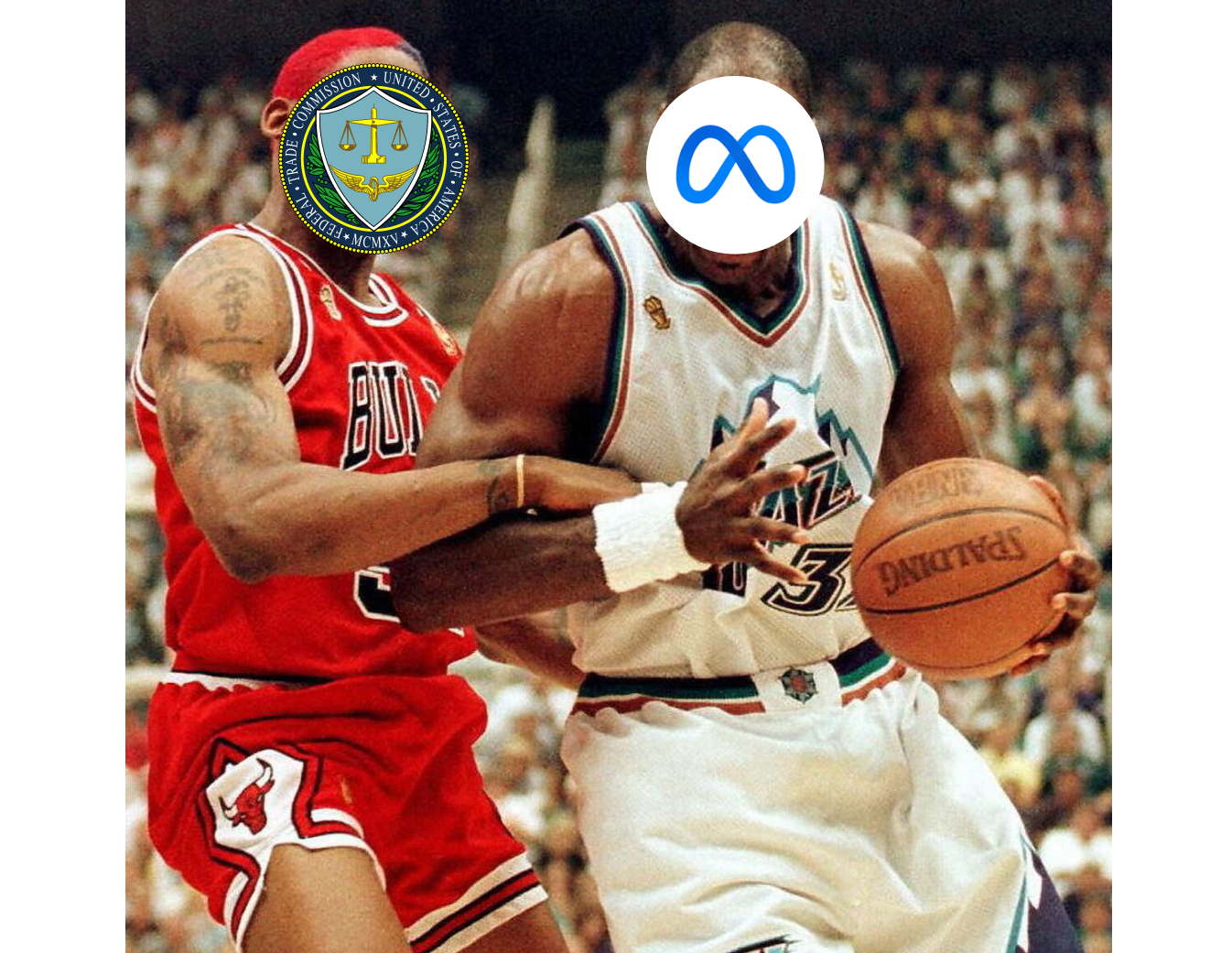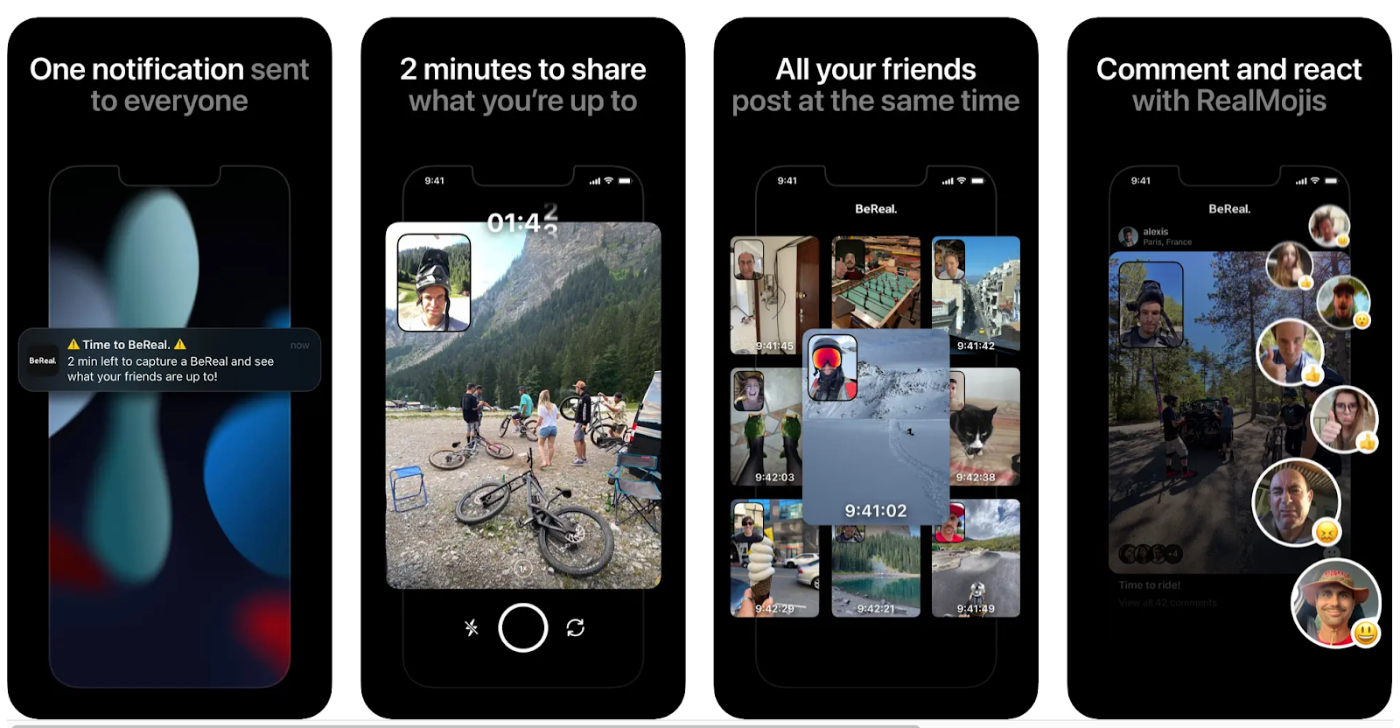
Sponsored By: Streak
This article is brought to you by Streak, the only CRM built entirely inside Gmail to help founders and entrepreneurs manage their entire business from their inboxes.
If you see a social app that’s growing quickly, there is only one question that matters: “Can Meta copy this?”
In the old days they could at least acquire you, so you’d get something out of the deal. But times have changed. Lately the FTC has been guarding Meta more aggressively than Dennis Rodman guarded Karl Malone in the late 1990s! Nobody is getting acquired anytime soon, it seems.
So all that’s left to do is A) ignore, or B) copy. And there are very few companies that are less interested in ignoring emerging competitors than Meta.
Snapchat and TikTok both have faced this challenge, and sustained varying degrees of damage. But these battles are actively playing out, and, especially in TikTok’s case, the future is still up for grabs.
Meanwhile, a new contender has emerged from the unlikeliest of places (France). BeReal was founded in 2020 by a former GoPro engineer, and the app slowly and steadily marinated until breaking out in summer 2021, vaulting from negligible DAU to 300k+ DAU, and raising $30m from Andrew Chen at Andreessen Horowitz—the same guy who led the big Clubhouse and Substack rounds.
Since last summer, BeReal has just kept growing. Their last reported DAU count was nearly 8 million, and they raised a series B from Yuri Milner at DST valuing the business at $600m. (Readers with a sense of history may remember when Yuri Milner led a giant round in Facebook back in 2009.)
What is driving BeReal’s growth? A simple but brilliantly executed product mechanic that, unlike most social apps, solves an actual problem people have.
Here’s how it works:
Every day at a random time, you get a notification informing you that you have a 2-minute window to post a photo. You tap the notification, open the app, and it takes a photo using both your front and back facing camera, so your friends can see you and what you’re looking at. Everybody gets the notification at the same time, so you can stick around in the app and immediately see what all your friends are doing right now, and you can “comment and react with RealMojis” (basically you can send a quick small selfie as a reaction).
The Only Subscription
You Need to
Stay at the
Edge of AI
The essential toolkit for those shaping the future
"This might be the best value you
can get from an AI subscription."
- Jay S.
Join 100,000+ leaders, builders, and innovators

Email address
Already have an account? Sign in
What is included in a subscription?
Daily insights from AI pioneers + early access to powerful AI tools









Comments
Don't have an account? Sign up!